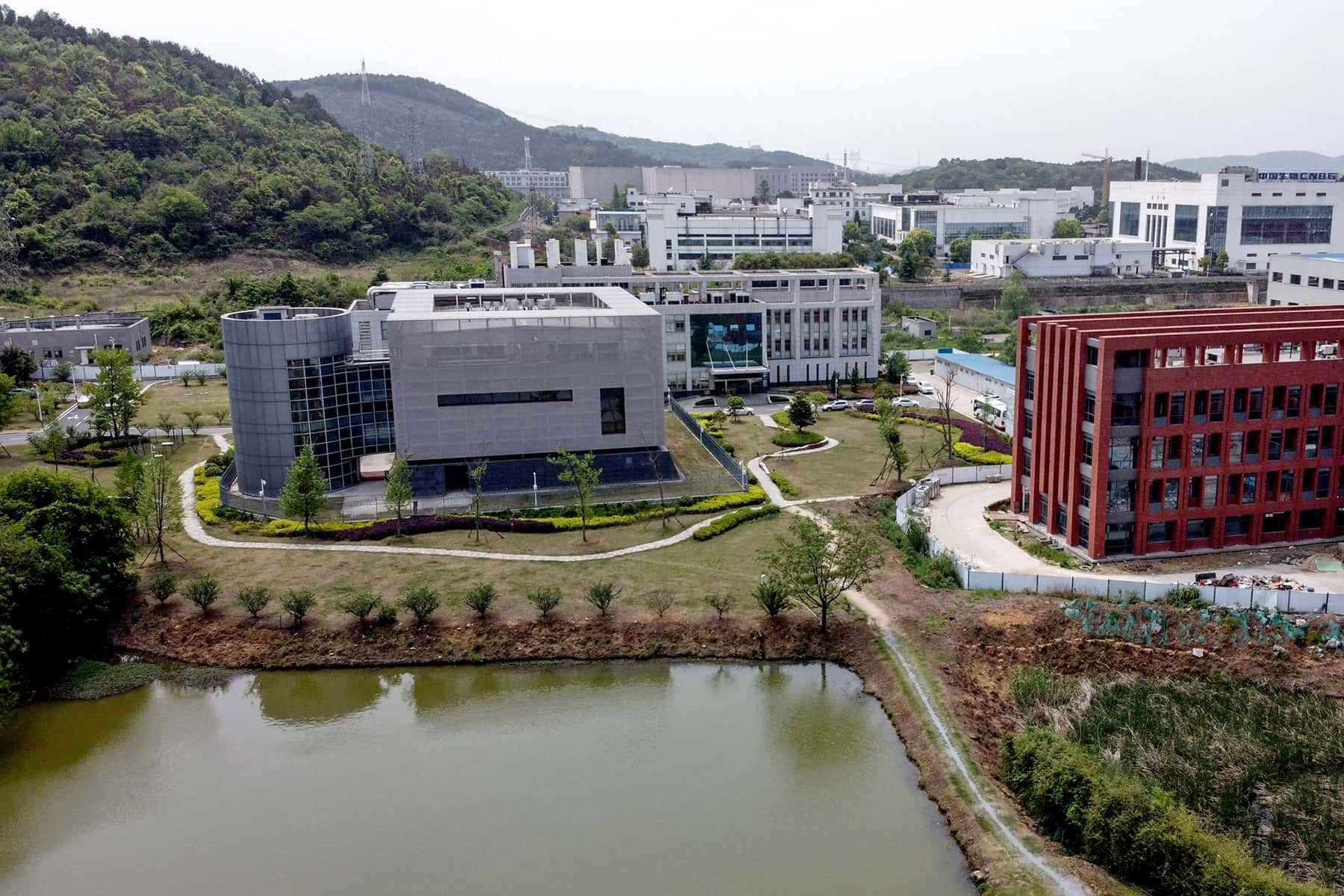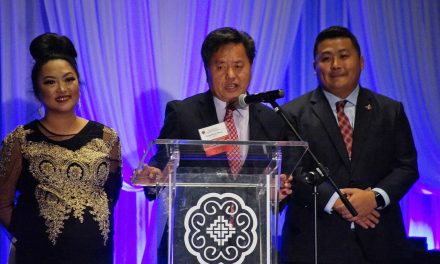
President Joe Biden asked the intelligence community on May 26 to increase its efforts to figure out where the coronavirus started. At stake is not only isolating the origins of a deadly pandemic to make sure the same mistakes are not made again, but also a new U.S. approach to China by the Biden administration.
First, what this is not: a continuation of the Trump administration’s attempt to blame China for a bioweapon launched against the world as a way to deflect attention from the former president’s botched handling of the pandemic that has, at this point, left at least 592,000 Americans dead. Trump initially praised Chinese leader Xi Jinping for his handling of the coronavirus, but at the time the coronavirus first started to make its presence felt in the U.S., Trump was celebrating a deal with China to purchase American agricultural products, a sale Trump believed would help him with farmers in the 2020 election after his tariffs had hamstrung the U.S. agricultural sector.
Once the pandemic really hit and it became clear the administration had no real plan to handle it, Trump began to try to deflect blame onto China for hiding the origins of the coronavirus, and then onto the World Health Organization for deferring to China as it tried to respond to the crisis. As he called the novel coronavirus the “China virus”—drawn out like a schoolyard insult—attacks on Asian Americans skyrocketed. Trump supporters, like Senator Tom Cotton (R-AR), implied that the Chinese had released the virus as a bioweapon.
Now, as scientists revisit the question of whether the coronavirus escaped from the Wuhan Institute of Virology in China, Cotton is suggesting he was right all along. But, in fact, Biden’s demand for a fact-based investigation is not an attempt to scapegoat China and Americans of Chinese descent for political points at home—after all, he just signed a bill to combat hate crimes against Asian Americans—rather, it appears to be an attempt to advance a new China policy based on clear-eyed competition as opposed to the attempts at cooperation that have characterized U.S. policy since Nixon.
At the same time, this policy stands a good chance of undercutting the support Trump garnered among workers who resented losing their jobs to China, without adopting Trump’s isolationism. (Trump’s own merchandise was made overseas, including in China.)
Biden has been very clear that he sees the nation’s foreign policy as key to his attempt to rebuild America. His National Security Advisor Jake Sullivan has emphasized that the Biden administration has called for a “foreign policy for the middle class” that prioritizes protecting the American worker from foreign competition and making sure that American industry stays strong and provides good jobs. Repairing the economy and democracy at home is a way to keep the nation strong and safe from international aggression, Biden officials say.
And China is the country to which Biden is looking. In his address to Congress on April 28, Biden said: “America is moving—moving forward—but we can’t stop now. We’re in competition with China and other countries to win the 21st Century. We’re at a great inflection point in history.” He vowed to make “sure every nation plays by the same rules in the global economy, including China,” and said the U.S. would “stand up to unfair trade practices that undercut American workers and American industries, like subsidies… to state-owned… enterprises and the theft of American technology and intellectual property.”
Also on May 26, Kurt Campbell, the Biden administration’s top official for Asia, said that the era of cooperation with China has come to an end and the two countries are entering a period of competition. The U.S. intends to address that competition by strengthening our traditional alliances. Meanwhile, the president and Secretary of State Antony Blinken are using the need to compete with China as an incentive to rebuild our domestic economy. In his April 28 address to Congress, Biden said he told President Xi, “We welcome the competition. We’re not looking for conflict.”
Like President Biden, Blinken insists the shift in the nation’s stance toward China is not antagonistic, as the previous administration’s was, but realistic. In an interview with Financial Times, Blinken said, “This is not about initiating a Cold War. This is all about doing our part to make sure that democracy is strong, resilient, and meeting the needs of its people.” He continued: “You know what we’ve seen over the last 15 years is unfortunately something of a democratic recession around the world: countries falling back on the basic metrics of democracy. The United States has had its own challenges visible for the world to see when it comes to democracy.”
Hеctоr Rеtаmаl
Letters from an Аmerican is a daily email newsletter written by Heather Cox Richardson, about the history behind today’s politics














